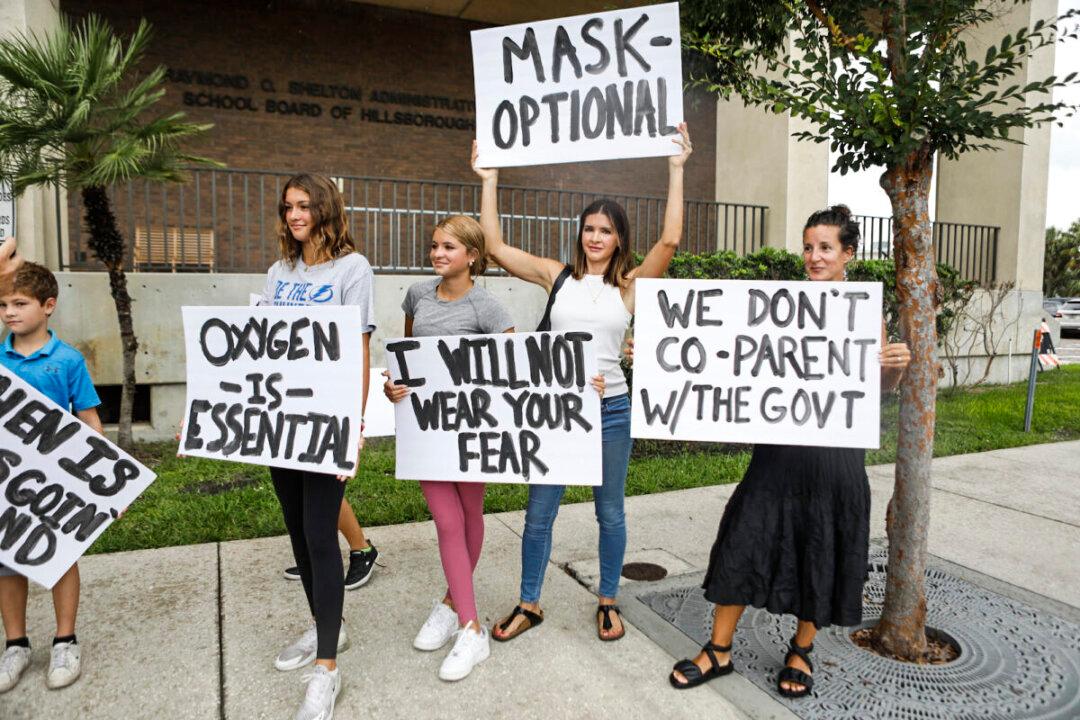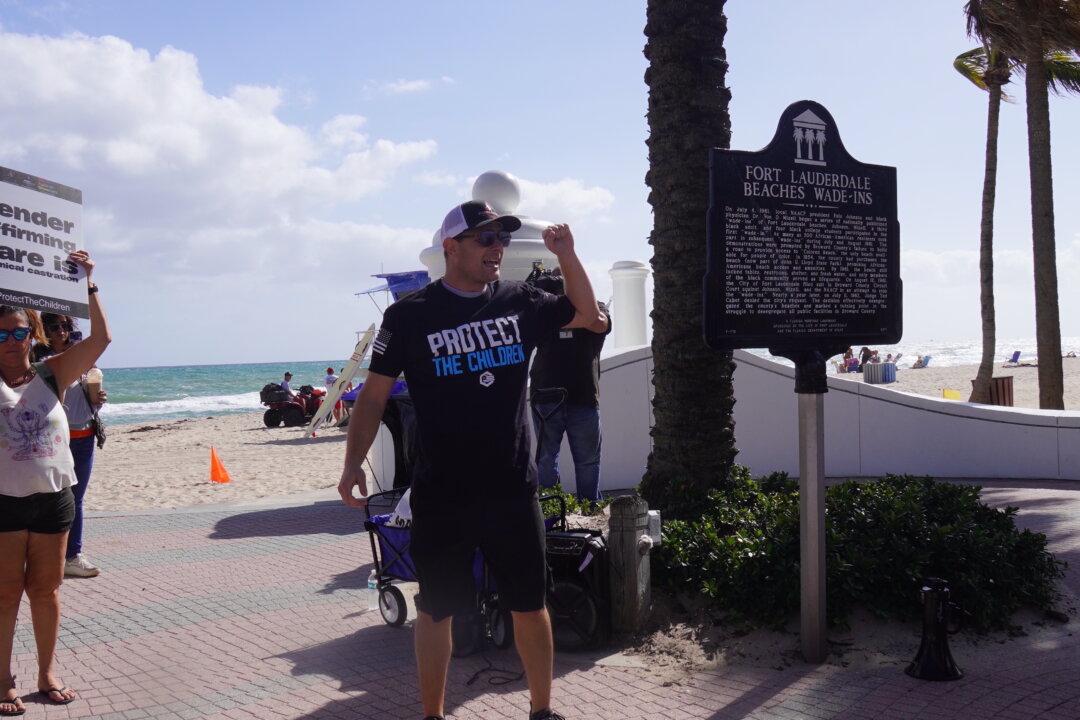After many raucous debates at Florida school board meetings, county bodies across the state have moved to make changes to their public comment policy.
Traditionally, school boards and local governments set rules and policies to aid in governing the public’s participation at their meetings. They help keep the proceedings moving along, offer time for residents to voice complaints, or concerns, and maintain civility.
However, recent threats against teachers and education officials have many school systems changing policy in order to keep their staff and board members safe.
The proposed changes vary between boards but, in essence, they seek to limit the amount of time people can speak.
Boards want to cut minutes from each speaker, and even how long public comment sessions can be.
Jane Goodwin, the new chairwoman for Sarasota County School Board, revised its policy and the changes have been approved for advertisement during a workshop meeting on Dec. 7.
Sarasota’s policy would reduce public comment time from three minutes to two minutes per speaker, allow one-hour for public comment, announce their name and any group affiliation, and move public comment on non-agenda items to the end of the meeting.
During the workshop Goodwin, along with past chairwoman Shirley Brown and Tom Edwards, supported the changes, citing that “many members of the public were deterred from attending board meetings over the last year because of disruptive behavior.”
Other members, Bridget Ziegler and Karen Rose, opposed the changes because they would “limit public input and further divide the community.”
This issue is not isolated to Florida.
School boards nationwide are beginning to “eye ways” to “rein in” public comments at local meetings in an effort to calm crowds over hot-button issues such as critical race theory and mask mandates.
In other media reports, one Kentucky school board changed its policy so that comments be directed via email—after a meeting devolved into a shouting match.
In northern Virginia, school board officials restricted who they wanted to speak at their meetings because of similar issues.
In recent months, parents have let their voices and opinions be heard and expressed they want more control over what their children are learning in school.
Other Florida counties—such as Brevard, Orange, and now Sarasota—are looking at ideas to limit public comment as a way to, what Sarasota’s Ziegler phrased, “lower the temperature” at controversial meetings.
In Brevard County, the board is proposing changes to prevent speakers from raising signs, limit the number of speakers allowed to speak, and time limits,—especially when a large number of people are scheduled to give their opinions.
In Alachua County, audience members at school board meetings are told not to clap, or cheer, in response to speakers’ comments, or hold signs.
The official policy on public participation limits individual comments to three minutes, calling up speakers in the order in which they were received on a speaker sign-up sheet at the door.
The rule says the time for public comment will be 30 minutes, unless the board votes to extend the time. The presiding officer may extend the time for speakers, the rule states. There’s no rule for shortening that time.




